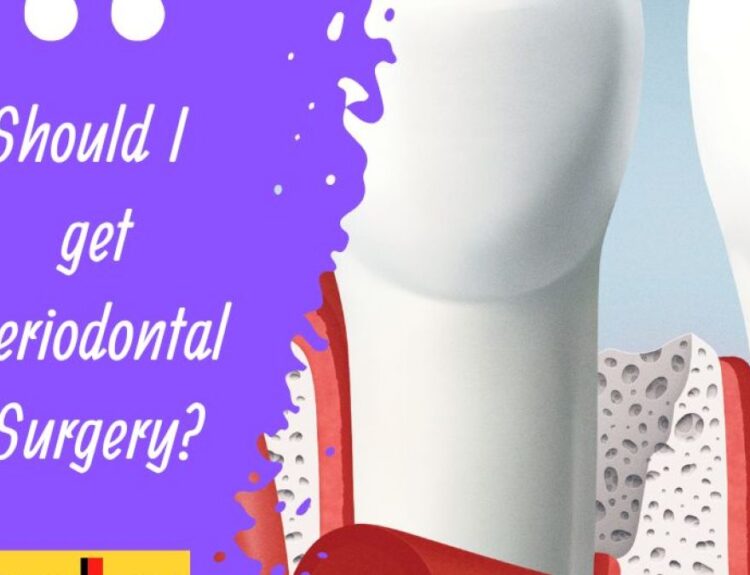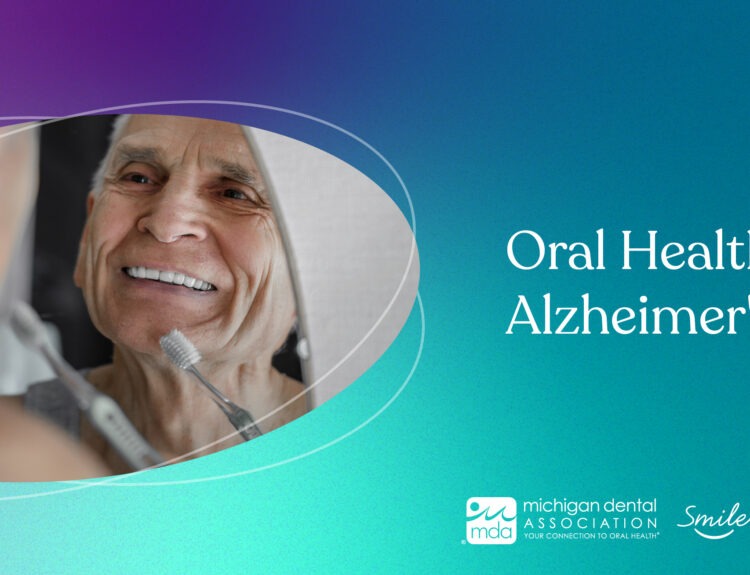A healthy smile starts with proper oral care, but many of us unknowingly or habitually make some common mistakes that can jeopardize our teeth and gums. These seemingly small but common dental care mistakes can lead to a variety of dental problems, from cavities and gum disease to more serious issues. Understanding these common pitfalls is the first step towards protecting your oral health and maintaining a bright, healthy smile for years to come.
Using a worn-out toothbrush reduces cleaning efficiency and can harbor bacteria. It is one of the most common dental care mistakes people make. If so, you should immediately replace your toothbrush or toothbrush head. It must be changed every 3–4 months or when the bristles fray.
Using excessive force or a hard-bristled toothbrush can damage enamel and injure the gums. Always use a soft-bristled toothbrush and gentle, circular motions to clean teeth effectively without causing harm.
Brushing for less than two minutes may not adequately remove plaque and food particles. It is therefore, mandatory to brush for at least two minutes, twice a day, ensuring you cover all surfaces of your teeth.
Neglecting to floss allows plaque and food debris to accumulate between teeth, leading to cavities and gum disease. Don’t forget to floss daily to clean between teeth and along the gumline where a toothbrush can’t reach.
Forgetting to clean the tongue can lead to bad breath and bacteria buildup is another common mistake. You must gently brush or scrape your tongue as part of your daily oral hygiene routine.
Using toothpaste without fluoride or one that is too abrasive can reduce its effectiveness or harm enamel. Dentists recommend to choose a fluoride containing toothpaste with the seal of approval from some regulatory authority.
Excessive use of whitening toothpaste or kits can damage enamel and increase tooth sensitivity. Avoid using them and if use; follow product instructions carefully and consult your dentist before starting any whitening treatment.
Consuming too much sugar, acidic foods, or drinks can erode enamel and promote tooth decay and eventual cavities. The best strategy is to limit sugary and acidic foods, and maintain a balanced diet rich in fruits, vegetables, and water.
Using teeth as tool for opening packages, cracking nuts is another common mistake. Biting nail can cause chips, cracks, or other damage. Use appropriate tools instead of your teeth.
Focusing only on teeth and neglecting gums can lead to gum disease. It is mandatory to pay attention to your gums—brush gently along the gumline and watch for signs of redness, swelling, or bleeding.
Tobacco use increases the risk of gum disease, tooth decay, and most significantly oral cancer. Quit smoking or using tobacco products to improve your oral and general health
Disregarding symptoms like tooth sensitivity, pain, or bleeding gums can allow problems to worsen. Address any oral health concerns promptly by consulting your dentist
Read our full disclaimer.



